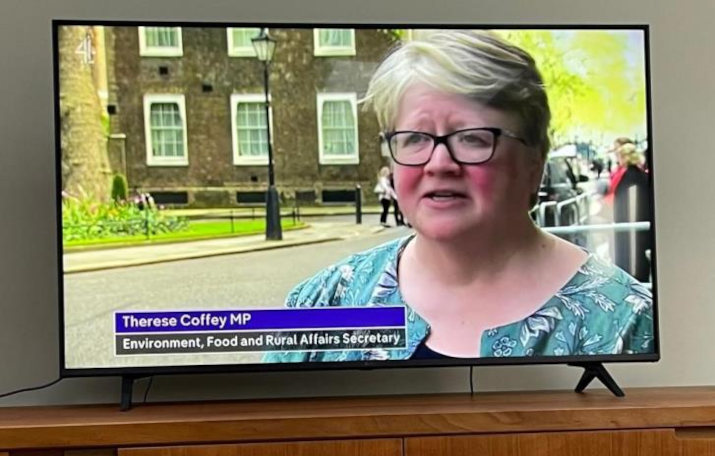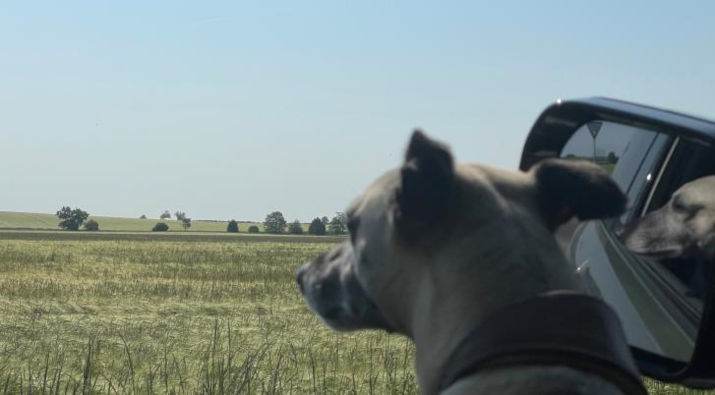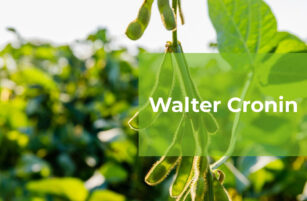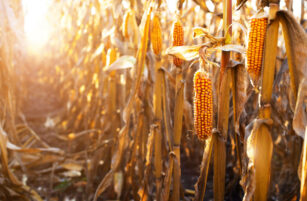Insight Focus
- The last 4 weeks have been hot and dry.
- The forecast is for the same for the next month; this is unusual for the UK.
- Weed control has been challenging this year.
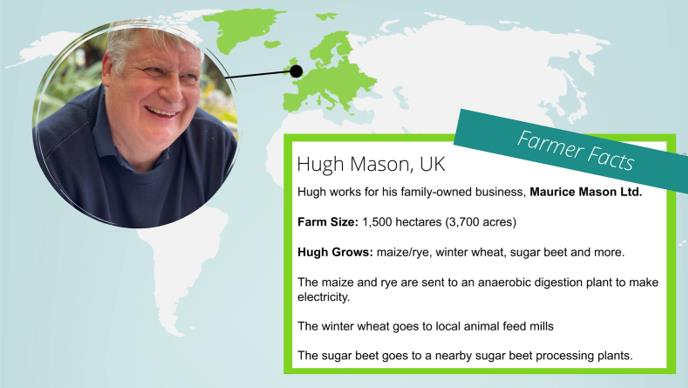
What’s Happening on the Farm?
Looking through cleaned windows, all I have seen since I last wrote is sun and a complete lack of rain, 32 days now. Temperature has turned from being well below normal to being way above, currently by some 3⁰c. The next 4 weeks speaks of this heat difference continuing and well below normal rainfall.
If we have a quiet time of the year, it is now. Holidays are taken and machinery washed in preparation for the coming storm, which is when the rest of the country go on holiday and slow us down as we go about our harvest.
The great and good have gone to Cereals, an annual outing to another part of the country where we are told what the future is to be. I didn’t go myself, but I’m told numbers are down, maybe a reflection of what is coming.
Crop Stage
Oil seed rape is now slowly turning from green to yellow to brown as maturity is being reached. I have been off on a stag do which took me away for four days and, as a consequence, this change is very obvious. The recent heat has sped this process up, as a farmer I always find this part of the growing season hard as we spend much time keeping the crop green only for nature to demonstrate that she is stronger than we are.

Wheat is typically flowering, which triggers many calculations on harvest date and yield – value now earlier than normal which means lower yield. What also shows up at this time of year is weed control, particularly for grasses. It has not been a good year for this, which must affect yields. Rye is further forward than wheat, forage harvest anticipated around the 26th of the month, again early.
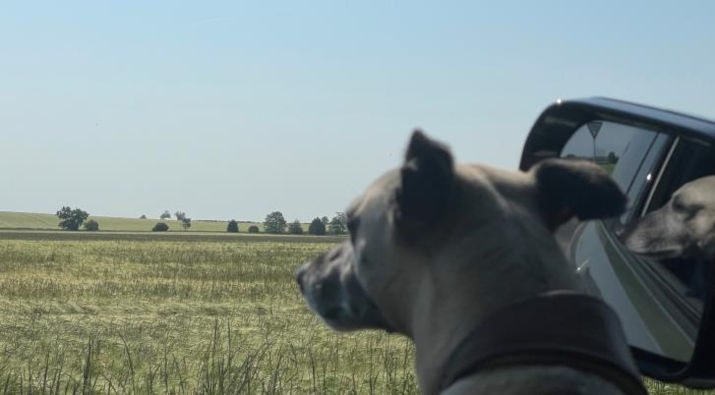
Sugar beet now is growing with enthusiasm but is still behind. Aphids are reported to be coming into the crop, which has to be a concern. Where we suffer from “weedy beet ”, I marvel at what technology can do to correct two generations of error. My dad is not alive to challenge this criticism.
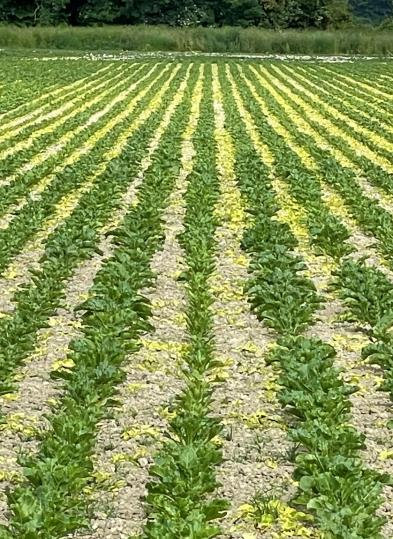
Big Concerns
Reading the article on Czapp about growing the area for beet, this is going to be hard as there are many reasons why not from the farmer’s viewpoint. I would argue the processor needs to give much more long-term support to price – new processing facilities are expensive but so is growing sugar and it comes with added risks. And this is not just a local issue.
Having rearranged the deck-chairs (read last time) I’m delighted to say that I have now been invited to a workshop, run by Defra, entitled “options supporting the management of sand-dunes and/or vegetated shingle”. I feel reassured that the wildlife will be comfortable as I drown. Or to put it another way “Ms Coffey – you are getting us to plant flowers between the railway tracks whilst a freight train is lumbering toward us from the opposite direction”. I like trains, but I don’t want to be hit by one.
